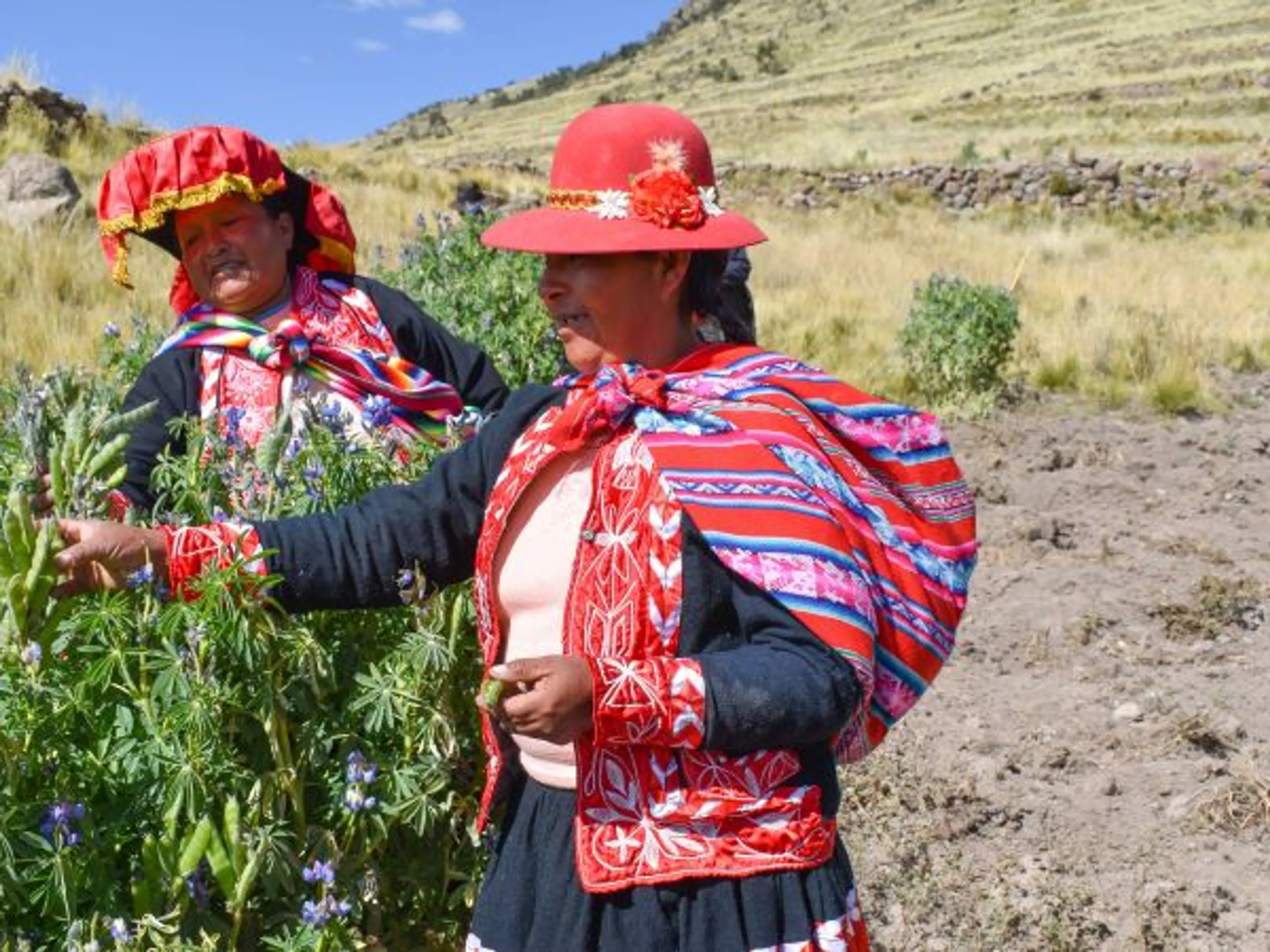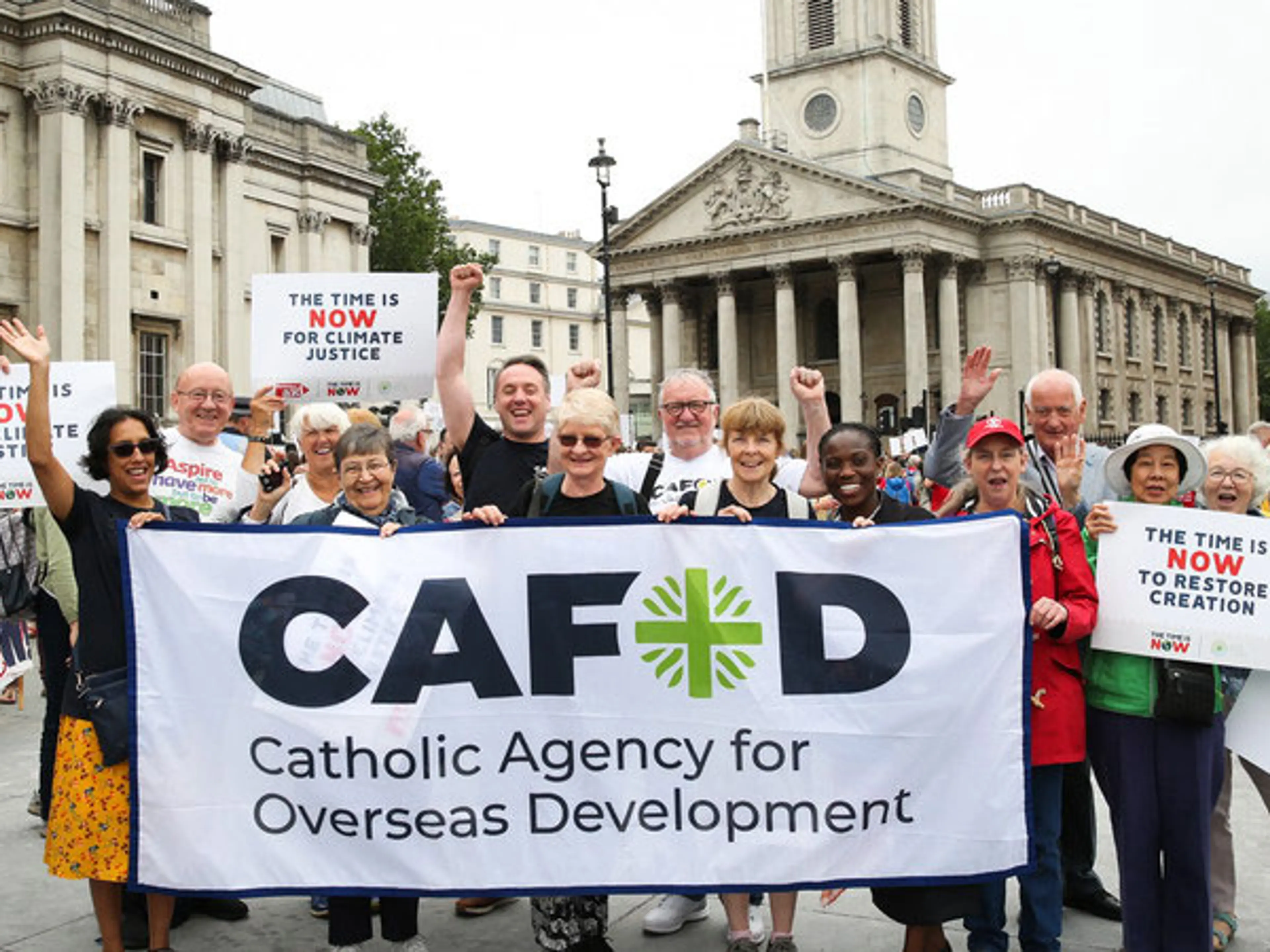With its focus on faith leaders, this study - a joint report by CAFOD, Christian Aid, Tearfund and Islamic Relief - uses the Ebola outbreak in Sierra Leone and Liberia to explore the relationship between humanitarianism and religion and seeks to provide evidence, in real time, of the role of faith leaders in the Ebola response.
The study offers recommendations for how faith leaders can support the recovery efforts of the affected countries and it contributes to a discussion on the broader role of faith in humanitarian response.
Priority recommendations
For international organisations, government and donors
Include faith leaders in planning for recovery and in health emergencies: While faith leaders were considered to be instrumental in promoting positive change during the Ebola response, there was a significant delay in engaging them at the start of the outbreak. Given their embeddedness in communities and their unparalleled knowledge of local-level needs, it is essential they are proactively engaged in planning processes for recovery.
Engage faith leaders in restoring health systems: Faith leaders are well placed to draw on their respect within communities and a shared agenda in strengthening the health and well-being of their communities.
Strengthen faith literacy among humanitarian staff and undertake research: Many relief and development staff have a narrow view of faith and the role of faith leaders and communities, particularly at field level. All humanitarian agencies should take advantage of the growth of literature on how to engage with FBOs and train their staff accordingly. The capacities of faith leaders are largely unmapped and their overall impacts uncharted. Further research should be undertaken to address this.
Avoid instrumentalisation of faith leaders: There is a risk that the success of faith leaders in promoting behaviour change may lead to them being seen as a means to an end and used as passive actors to address social ills. Yet the changes they promoted came out of dialogue and a shared agenda which should serve as a blueprint for future engagement.
For faith-based organisations (FBOs)
Provide technical support: FBOs should continue to build capacity and provide technical support to faith leaders as they respond to the Ebola crisis and recovery including in psychosocial support, addressing stigma and behaviour change. FBOs should support faith leaders to be empowered to respond to future EVD outbreaks and other disasters.
Strengthen inter-faith dialogue: FBOs should work across denominations and faiths to catalyse and strengthen inter-faith dialogue and ensure consistency and accuracy of messages delivered by faith leaders. This could also incorporate pooling resources, undertaking cross-learning visits, coordinating activities and monitoring progress.
Facilitate national-level engagement: Faith leaders should be supported to continue their engagement with national-level processes such as recovery plans and the rebuilding of health systems. If FBOs are unable to connect them directly to these processes, they should engage with agencies who may be better placed to do this, such as humanitarian international NGOs.
For faith leaders
Support the Ebola response: The continued engagement of faith leaders to maintain momentum on changing behaviour, facilitate psychosocial support to survivors and affected families, address stigma and discrimination, and support vulnerable groups is critical.
Catalyse community engagement: As health systems are reestablished, faith leaders should play a key role in advocating for, and engaging communities in, health-related programmes. It is important that women are proactively engaged in this and suitable conditions are established to enable their involvement.
Build resilient communities: Faith leaders should continue to play a critical leadership role in supporting communities’ capacity to prepare for and respond to uncertainty, shocks and stresses.
Policy and research
CAFOD's policy team provides briefings, reports and research on our advocacy and lobbying work, plus materials to support our campaigns.
Campaign with CAFOD
Find out more about campaigning on social justice issues with CAFOD.

